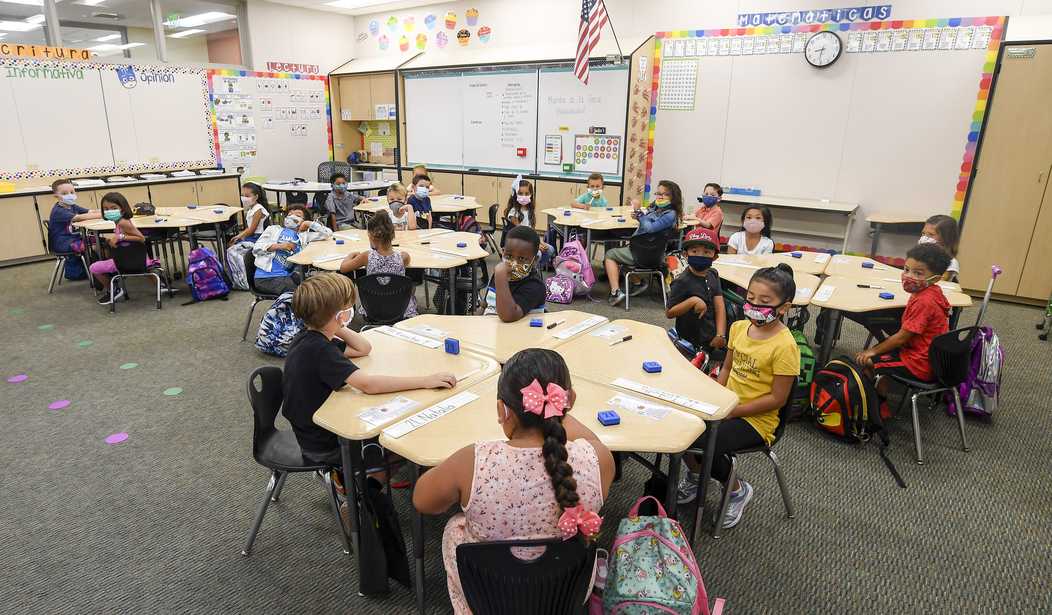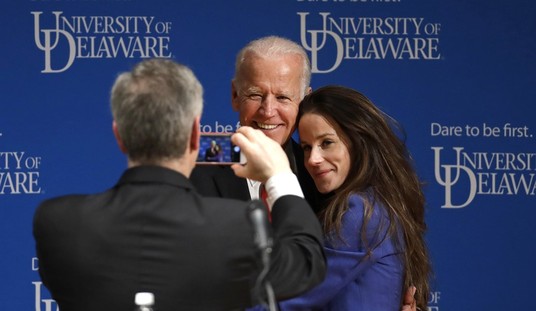The chronic absences from school among American K-12 students have continued to set records. A chronic absence means that a student misses 10% of classes during the year.
The most recent data shows that nationwide, 26% of students were chronically absent from public schools. This is up from 15% in the 2018-19 school year.
In large cities, the percentage of chronically absent students is well over 30%. It's a problem that isn't going away despite billions of dollars spent by school districts to alleviate the problem.
Is this the new normal?
“Our relationship with school became optional,” said Katie Rosanbalm, a psychologist and associate research professor with the Center of Child and Family Policy at Duke University.
It seems that way. Parents have accepted the changes because they themselves are not going into the office every day. The adults seem more flexible in their child's attendance habits, which researchers think is an outgrowth of the pandemic.
As has been noted in articles on PJ Media in the past, there's a mental health crisis among young people. The absenteeism is a symptom of that problem in that the anxiety kids feel when falling behind is reflected in their reluctance to go to class. And with many of their classmates also missing school, the depression of feeling alone can become a powerful deterrent to attending class.
There's also been a rise in discipline problems.
“If kids are not here, they are not forming relationships,” said Quintin Shepherd, the superintendent in Victoria, Texas. “If they are not forming relationships, we should expect there will be behavior and discipline issues. If they are not here, they will not be academically learning and they will struggle. If they struggle with their coursework, you can expect violent behaviors.”
There's no doubt that academic performance suffers as a result of chronic absenteeism. But so does the bond between families and schools.
For Ashley Cooper, 31, of San Marcos, Texas, the pandemic fractured her trust in an education system that she said left her daughter to learn online, with little support, and then expected her to perform on grade level upon her return. Her daughter, who fell behind in math, has struggled with anxiety ever since, she said.
“There have been days where she’s been absolutely in tears — ‘Can’t do it. Mom, I don’t want to go,’” said Ms. Cooper, who has worked with the nonprofit Communities in Schools to improve her children’s school attendance. But she added, “as a mom, I feel like it’s OK to have a mental health day, to say, ‘I hear you and I listen. You are important.’”
Related: Looking for the Historical Jesus and the Real Jesus
Many parents are under the mistaken impression that a child missing a few days of school to go on a ski trip or to Hawaii won't harm them because they can always "catch up." That's simply not the case, especially if the child has been missing class time previously.
It's a vicious cycle; a child misses class for a few days, returns, and finds out that what they missed was crucial to their understanding of a subject. Because they've [fallen] behind, they're embarrassed to attend class, which forces them to fall behind even further.
In many ways, the challenge facing schools is one felt more broadly in American society: Have the cultural shifts from the pandemic become permanent?
In the work force, U.S. employees are still working from home at a rate that has remained largely unchanged since late 2022. Companies have managed to “put the genie back in the bottle” to some extent by requiring a return to office a few days a week, said Nicholas Bloom, an economist at Stanford University who studies remote work. But hybrid office culture, he said, appears here to stay.
Some wonder whether it is time for schools to be more pragmatic.
School districts have tried one-on-one counseling, which seems to work the best, and visits by administrators and teachers to the homes of chronically absent students.
Some districts have gotten desperate. One school district tried "Pajama Friday" after it was discovered that many kids attended school remotely in their pajamas.
"What was once a deeply ingrained habit — wake up, catch the bus, report to class — is now something far more tenuous," claims the New York Times.. We may not be creating an "Idiocracy," but a multi-tiered society where the number of low achievers explodes is not out of the question.








